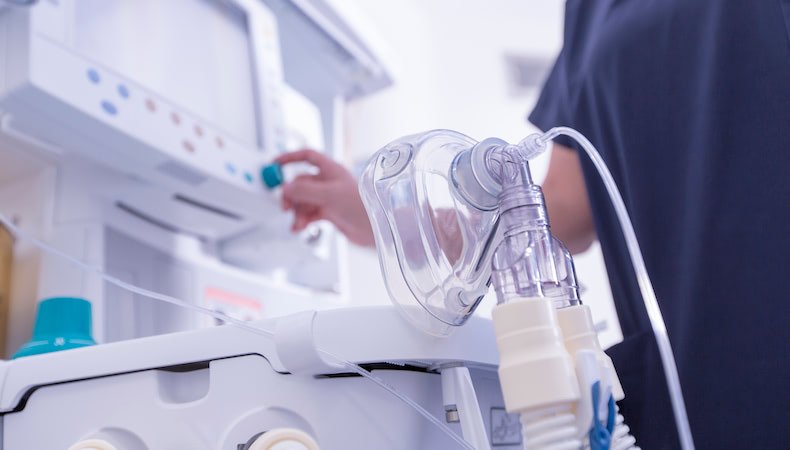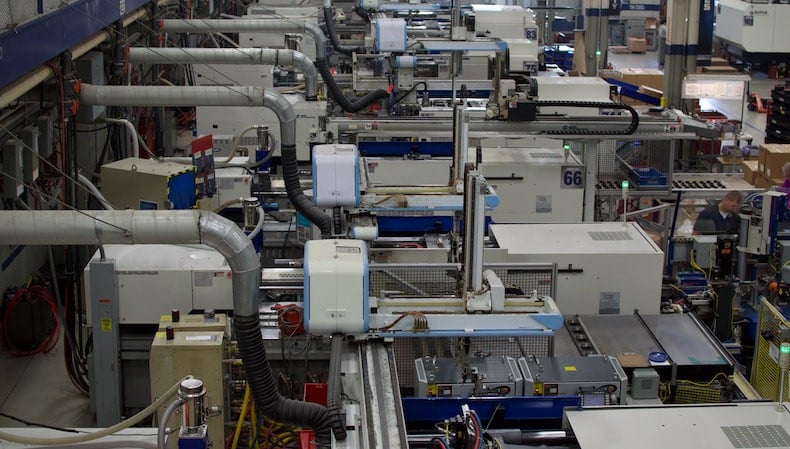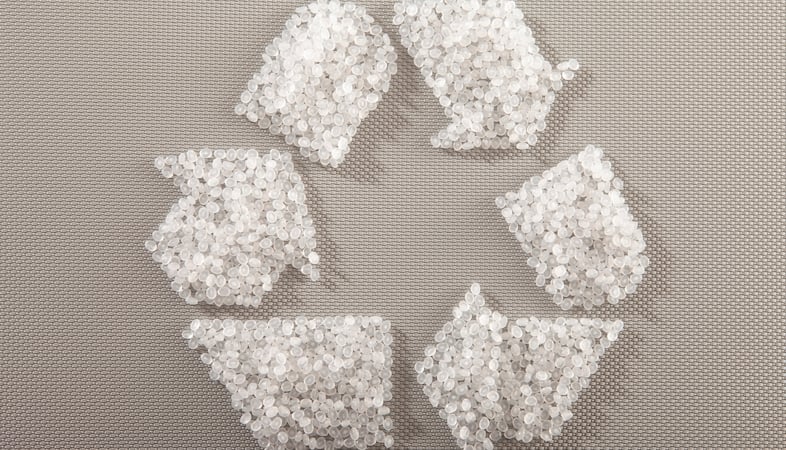4 Factors That Determine Resin Selection for Medical Applications

Medical device performance is inextricably linked to the characteristics of the plastics used. Enhanced properties such as strength, flexibility, transparency, biocompatibility, and temperature and chemical resistance ensure patient safety. They are also mandated by the stringent regulations and classifications of the Food and Drug Administration (FDA) and The U.S. Pharmacopeial Convention (USP).
Making sure the proper medical grade resins are selected, aligned with usage exposure and meet compliance requirements necessitates working with an injection molder experienced in the intricacies of producing complex medical devices, particularly a molder carrying MedAccred Plastics accreditation.
However, the molder’s depth of knowledge must extend beyond materials to design, production processes and part geometry to ensure medical grade resins are used to their best advantage in providing:
1. Durability
Medical devices used in-home or in emergency vehicles are becoming commonplace, and their portability places increased emphasis on device toughness and reliable performance when used by traveling healthcare workers, or by inexperienced patients.
2. Chemical Resistance
Medical devices must withstand repeated disinfection and sterilization using harsh chemicals, and exposure to oils, greases and other lubricants during medical procedures.
3. Antimicrobial Agents
Antimicrobial agents, such as ionic silver, can be mixed into plastic melt so injection molded plastic components and medical devices have microbe-resistant surfaces that effectively eliminate bacteria. For example, hip implants used to be made from metals with antimicrobial coatings that, over time, would wear off. Implants molded from resins containing antimicrobial agents, on the other hand, continually stand up to bacteria without affecting other properties of the resins.
4. Thermal & Electrical Characteristics
Strict attention must be paid to determining plastic material properties at melting temperatures, sterilization temperatures and in extreme environmental conditions that include both temperatures and humidity. Electrical factors, like conductivity and insulation or the need to dissipate accumulated static charge, must also be considered.
Keeping these factors top of mind, you may be wondering which medical grade resins tick all of the boxes. Polyether ether ketone (PEEK) is a popular and effective choice. It has excellent mechanical and chemical resistance, enabling sterilization by steam, gamma radiation, Ethylene oxide (EtO) and electron beam (E-beam). PEEK is also biocompatible, meaning it is readily accepted by the human body, doesn’t break down over time and can withstand X-Ray, CT and MRI scanning.
Read The Complete Guide to Medical Device Resin Selection to learn more about the roles of materials and the expertise of a complex injection molder like Kaysun in producing medical devices that consistently perform to customer expectations and medical industry standards.
Subscribe
TO OUR BLOG

How Do Injection Molder Partnerships Influence Project Costs?
You Might Also Like...

3 Key Custom Injection Molding Trends Emerging In 2024
Recent market analysis shows that demand in plastics injection molding has bounced…
READ MORE

Top 14 Benefits of Injection Molding
OEMs across many industries enjoy the benefits of injection molding. It’s ideal fo…
READ MORE

Kaysun Sets and Achieves Plastic Regrind Recycling Milestone
The 1,250 landfills in the United States are projected to reach maximum capacity w…
READ MORE
